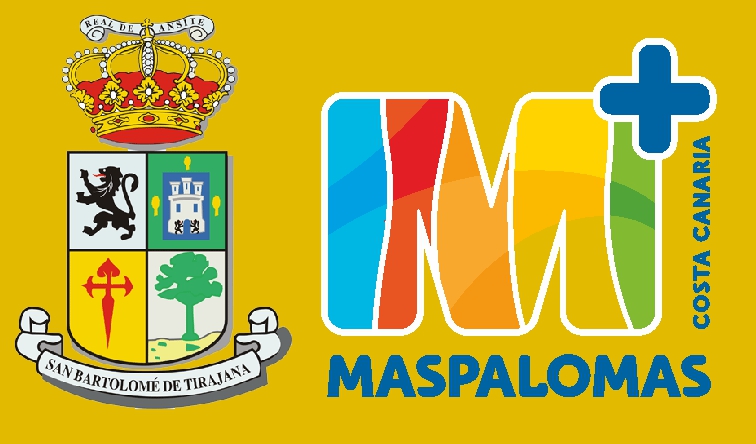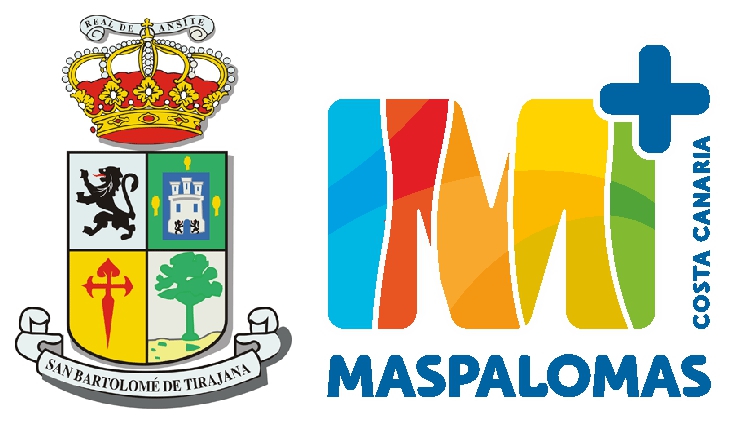Legal warning
The City Council of San Bartolomé de Tirajana, through the maspalomas.com domain, provides information of general interest. municipality of San Bartolomé de Tirajana and, in particular, information and procedures of the municipal organization.
The information provided is current at the time of publication.
The City Council of San Bartolomé de Tirajana ensures that this information is exact and precise, and updates it as quickly as possible, trying to avoid errors and correcting them as soon as they are detected. However, the City Council of San Bartolomé de Tirajana cannot guarantee the absence of errors or that the content of the information is permanently updated.
The City Council of San Bartolomé de Tirajana may, at any time and without prior notice, modify, delete or update the information contained in maspalomas.com or in its configuration or presentation.
Access to the maspalomas.com domain, as well as the use of the information it contains, are the sole responsibility of the user. The City Council of San Bartolomé de Tirajana is not responsible for any damage that may arise from these events, nor can it guarantee that access is not interrupted or that the content or software that can be accessed is error-free or harmless.
The information provided in response to any query or request for information is merely indicative and in no case will it be binding for the resolution of administrative procedures, which are strictly subject to the legal or regulatory rules that apply to them.
Maspalomas .com includes links to third-party website pages, fundamentally from other Public Administrations, which are considered to be of interest to users. The City Council of San Bartolomé de Tirajana does not assume any responsibility derived from the connections or the contents of these links.
The maspalomas.com portal, its graphic designs and the information and codes it contains are the property of the City Council of San Bartolomé de Tirajana, unless otherwise expressly indicated, and are protected by intellectual property legislation.
The contents of this domain may be downloaded to the user’s terminal provided it is for private use and without any commercial purpose, but may not be exploited, reproduced, distributed, modified, publicly communicated, transferred or transformed, unless specifically authorized. and express.








